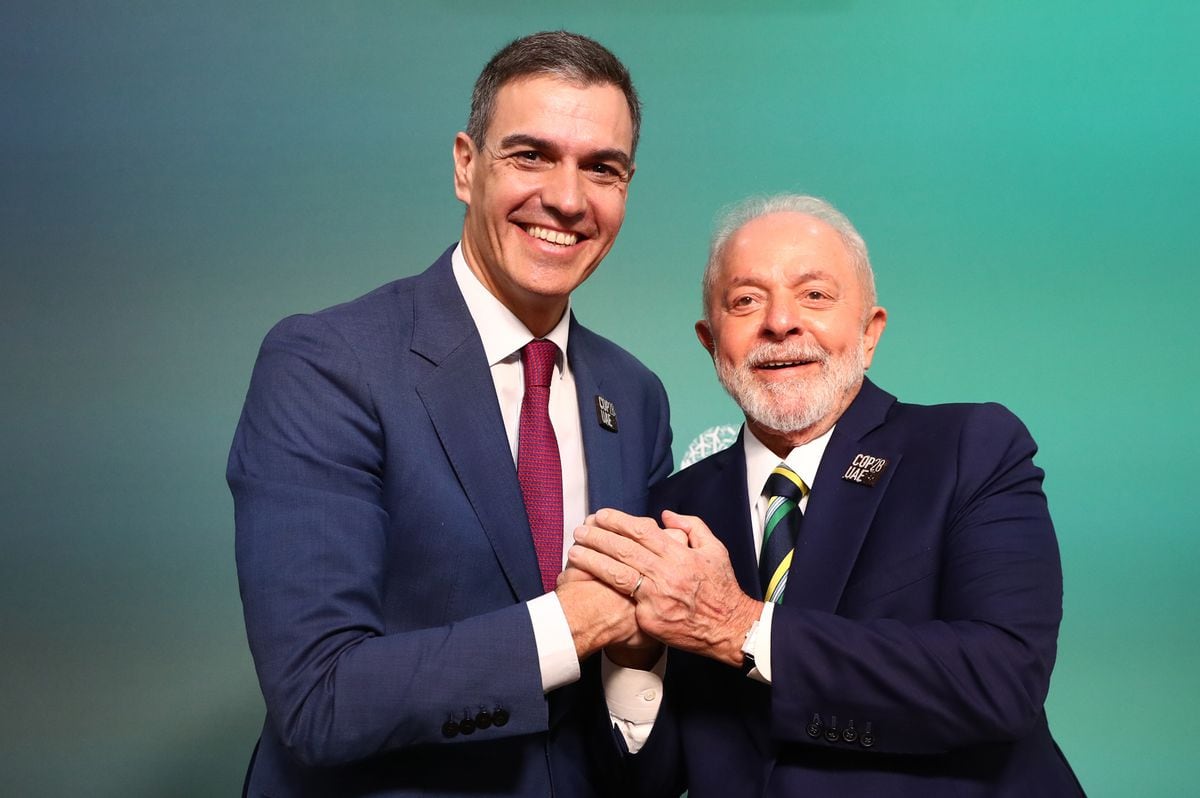martin elfmann
On November 18 and 19, a new edition of the Conservative Political Action Conference (CPAC) took place in Mexico City.
This summit, which has been held since 1974 in the United States and which annually provides a survey that serves as a thermometer to define the toughest Republican candidates, had only been held before in a single Latin American country: the Brazil of Jair Bolsonaro, in 2019, 2021 and 2022.
This year, in Mexico City, some of the main international references in space gathered, such as the Americans Steve Bannon and Ted Cruz and the Spanish Santiago Abascal, as well as representatives of the regional right, such as Eduardo Bolsonaro (Brazil), José Antonio Kast (Chile), Alejandro Giammattei (Guatemala) and Javier Milei (Argentina).
A quick reading of the new Latin American political map can show a broad dominance of the left -with many and diverse sensibilities- and progressivism, although it hides another reality: the rise of extreme right-wing forces throughout the region.
They are not government, but they could be.
This conditional places them no longer as a mere opposition, but as an alternative.
They may still lose elections, but they gain weight in their societies in a sustained manner.
This new position, which is the result of electoral legitimization, forces them to change their strategy and discourse.
They no longer fuel anti-democratic sentiment in a region where, as the Latinobarómetro shows, 28% of citizens are indifferent to the type of political regime in which they live, but instead question the tools of this system or its own results.
They use democracy to their measure.
President Joe Biden already warned him in his important speech in Philadelphia on September 1: "Democracy cannot survive when one side believes that there are only two results in an election: either they win or they were fooled."
That's the bet: a
kleenex democracy
.
In this sense, during the Mexican summit, Steve Bannon raised doubts, for example, about electronic voting and Eduardo Bolsonaro directly denounced that his father was "robbed of the elections."
With this proven competitive capacity —which left them on the brink of victory in Brazil and Chile, for example— they choose to stay on the margins of the system and argue with those who currently hold power.
Not recognizing the legitimacy of the rival is the first condition -they believe- to combat it with a strategy of relentless destruction.
Thus, polarizing to the maximum, they ideologically kidnap their voters.
It is easier to divide, almost into equal and irreconcilable halves, than to allow reinforced advances from your rivals.
In a context of extreme polarization —with record levels in the United States and two decades of continuous growth in Latin America— these expressions seek to win the representation of conservative sentiment and lead the opposition in their countries.
For this reason, Eduardo Verástegui, president of the Mexican chapter of the CPAC and host of the event, proclaimed himself a representative of the “true right” and recovered the concept of “cowardly right wing” that Santiago Abascal popularized at the time.
Lastly, although they continue to criticize what is politically correct, they are beginning to incorporate issues on the global agenda.
Along these lines, the former Polish president and Nobel Peace Prize winner, Lech Walesa, one of the surprises at the Mexican meeting, pointed out that climate change is a real problem.
This strategy, which the political consultant Dick Morris called "triangulation", consists of adopting ideas or proposals from the adversary to dispute their support base.
Some sections of the far right appear to be understanding the electoral limits of climate denialism.
And the Latin American extreme right wants revenge.
In
The Age of Authoritarian Leaders
, as Gideon Rachman warns in the title of his most recent book, his referents and candidates are no longer the exception, but the rule.
We are spectators of the rise of a new generation of nationalist, populist and authoritarian leaders, which "makes it more difficult to draw a clear line between the democratic and authoritarian world", highlights the columnist for
The Financial Times.
The Latin American extreme right lost, but won.
From intense minority to competitive actor and possible government alternative.
In this phase of maturity and legitimization, he explores international collaboration -technical and political- and redefines his messages to finish subduing a traditional right wing that is a victim of polarization.
Latin America is the great stage of this
aggiornamento
to relaunch its nationalist offer but with deep international ties.

/cloudfront-eu-central-1.images.arcpublishing.com/prisa/OWX772R4KNGEZB763TZOJLSONE.jpg)
/cloudfront-eu-central-1.images.arcpublishing.com/prisa/AYBDQARVBB2WDG6IFPXHYFIMBM.jpg)
/cloudfront-eu-central-1.images.arcpublishing.com/prisa/NYBERFPPHVEJVER4FIRIEAGGX4.jpg)


/cloudfront-eu-central-1.images.arcpublishing.com/prisa/MYQ5IMFXJZF4NGVYA5PCRZJJCM.JPG)
/cloudfront-eu-central-1.images.arcpublishing.com/prisa/W33JSXVPKRF7FMDYEETPSPNNKY.jpg)







